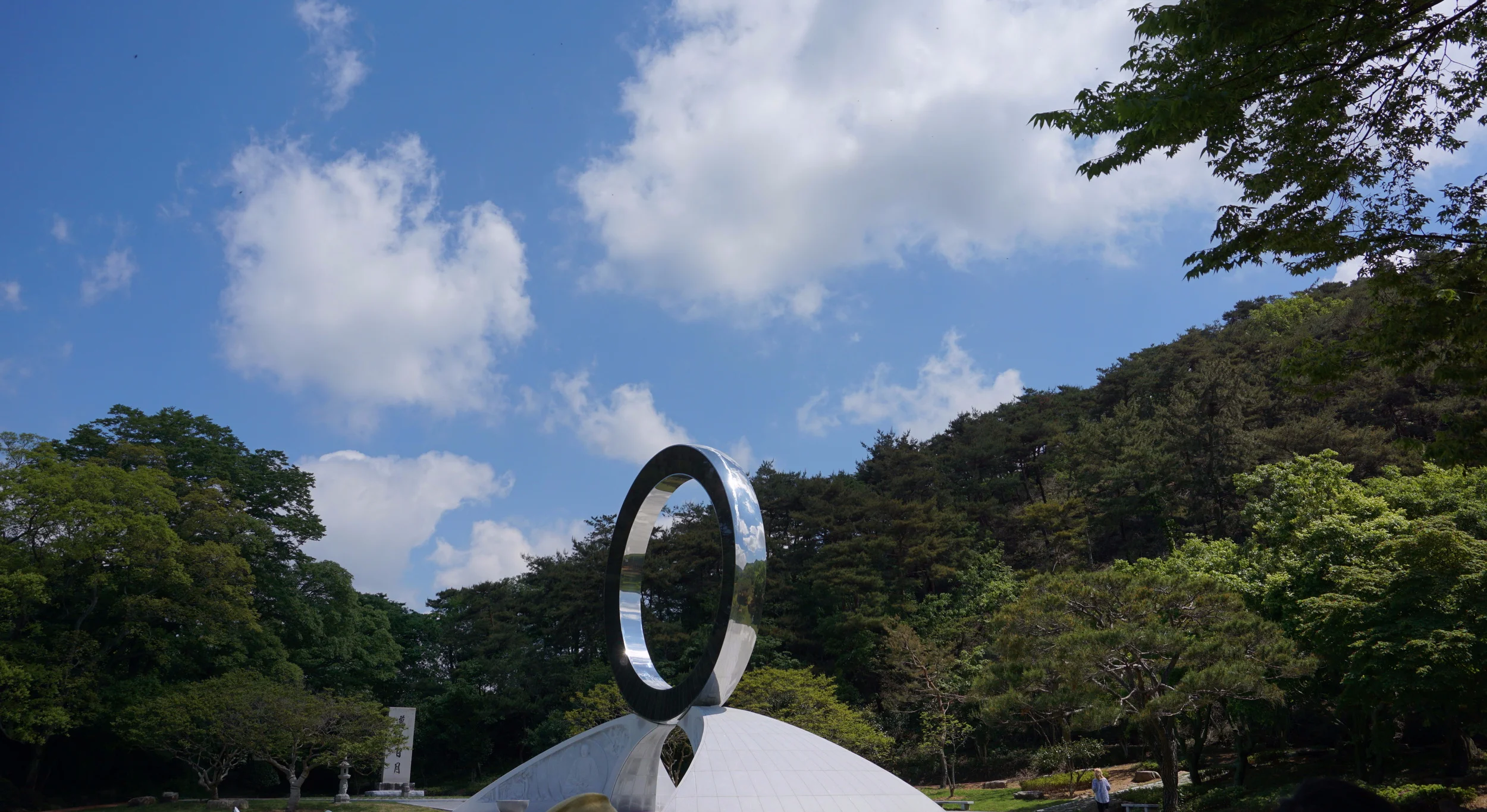What is Won Buddhism?
Founding Master Sotaesan
Won Buddhism originated in Korea in 1916 when its founder, Venerable Sotaesan (Park, Joongbin 1891-1943), experienced a great enlightenment. He envisioned a practice for all people that emphasized equality between clergy and laity, between women and men, and among all economic classes and races. Sotaesan foresaw the emergence of modern materialism, thus he emphasized “a balance between material and spiritual power” as a founding motive of Won Buddhism.
Ven. Sotaesan was determined to make Buddha dharma applicable to everyday life; his method was to simplify Buddhist scriptures and practices by setting aside those that were outdated or overly-complicated. Gender equality was important to Sotaesan, as was respecting the perspectives of both monastics and lay people. He believed that anyone could attain enlightenment, regardless of background or education. Won Buddhism incorporates essential principles from Buddhism, Taoism, and Confucianism.
Won means “circle” in Korean. The circle above the altar in Won Buddhist temples symbolizes the ultimate truth of reality—no beginning and no ending. It also represents our innate Buddha nature—perfect, complete, and selfless.
Won Buddhism offers people a way to cultivate their own divine nature and awaken to Truth. To manifest our true nature, we can train the mind through meditation and mindfulness, and realize the perpetual infinite Grace (Eun, 은, also translated as Beneficence) which we receive and give. Therefore, the key tenets of Won Buddhism are mind practice and gratitude; these can be the keys to a happy and successful life.
Mind Practice: Mind practice leads to individual awakening, and we can achieve this awakening through the following three actions: 1) calming our minds, 2) studying the guiding principles of our world and ourselves, and 3) using our calm, focused mind and wisdom to enable skillful actions in everyday life.
Gratitude: We could not exist, much less flourish, in this world without all that has been given to us. We aspire to be awakened to the reality that all beings in the universe are mutually indebted to one another. This relationship recognizes four special graces: nature, parents, fellow beings, and laws. Through the practice of gratitude, we create a life of blessings. As our hearts open and our awareness deepens, we come to realize that we are truly interconnected and that the world is filled with infinite grace.
For more information regarding Won Buddhism, please visit HERE and the main texts can be found at WONSCRIPTURE
If you would like to attend an introductory class on Won Buddhism, please contact Rev. WonGong (see the Special Programs page for more information).
Watch the 2025 New Year’s Message from Venerable Juksanim, Head Dharma Master of Won Buddhism USA. (Download pdf HERE.)
“Not all scientific studies are constantly in use; however, if you learn to use the mind, this mind study can be utilized without a moment’s interruption. Therefore, mind practice becomes the basis for all other studies.”



